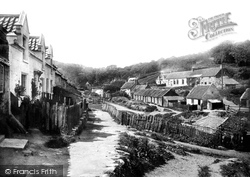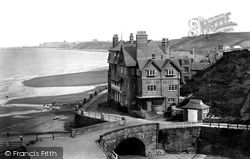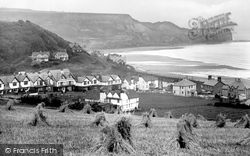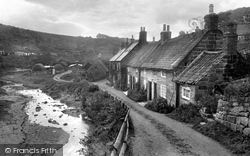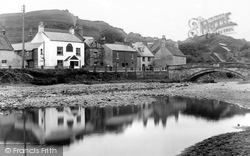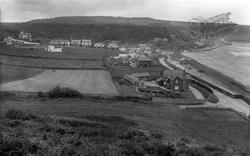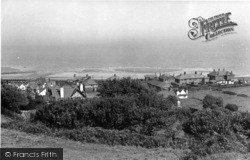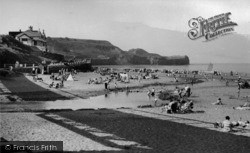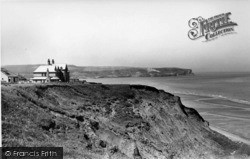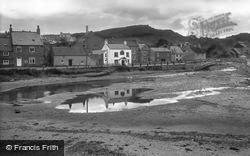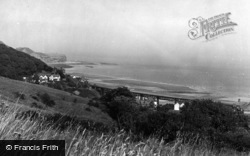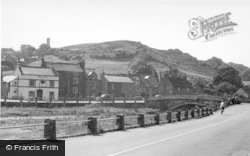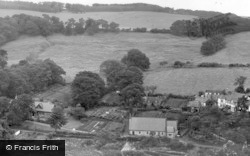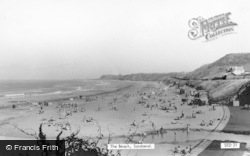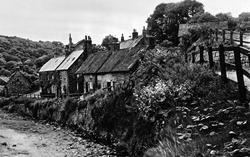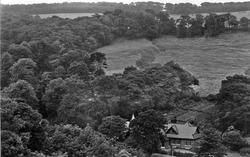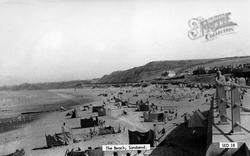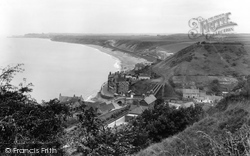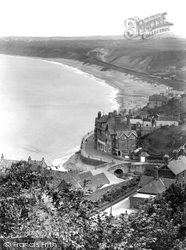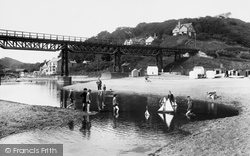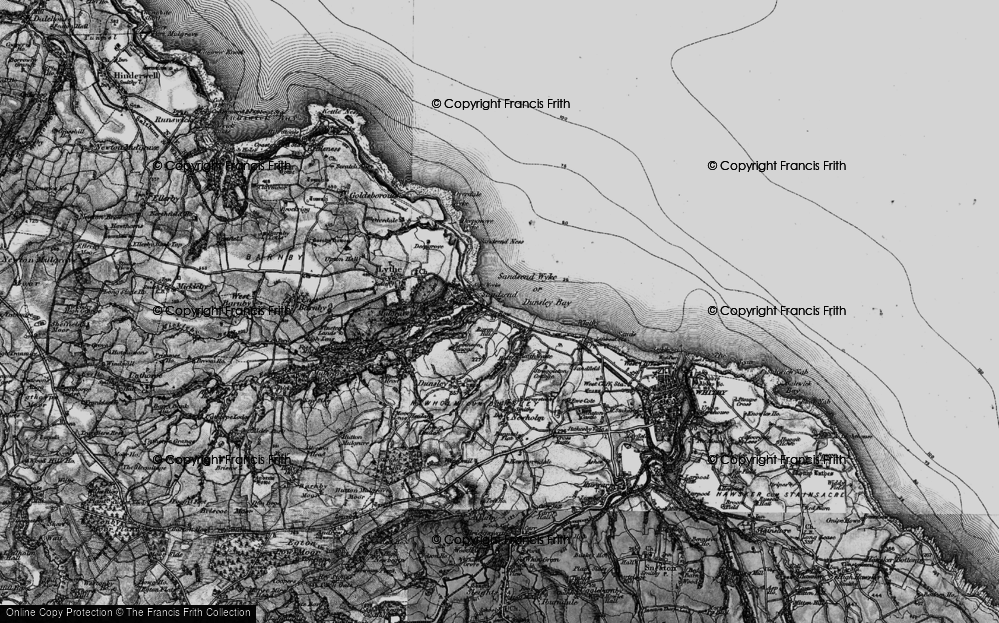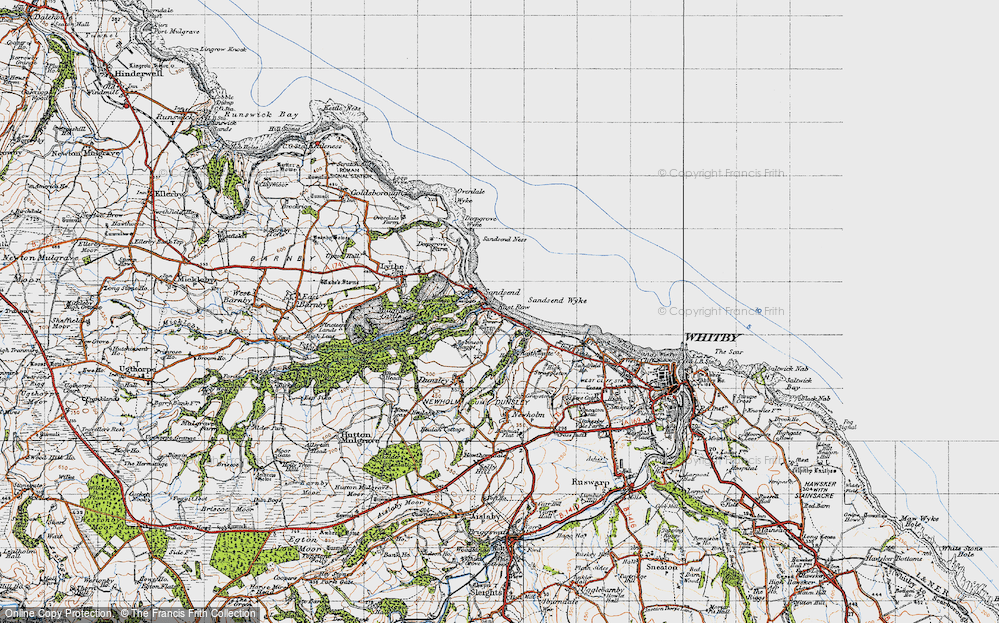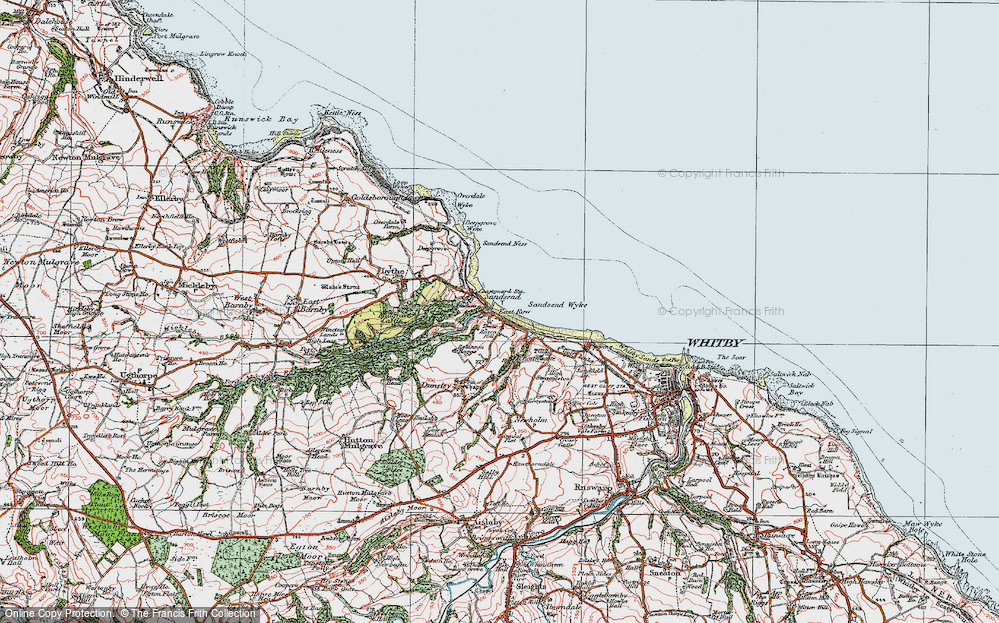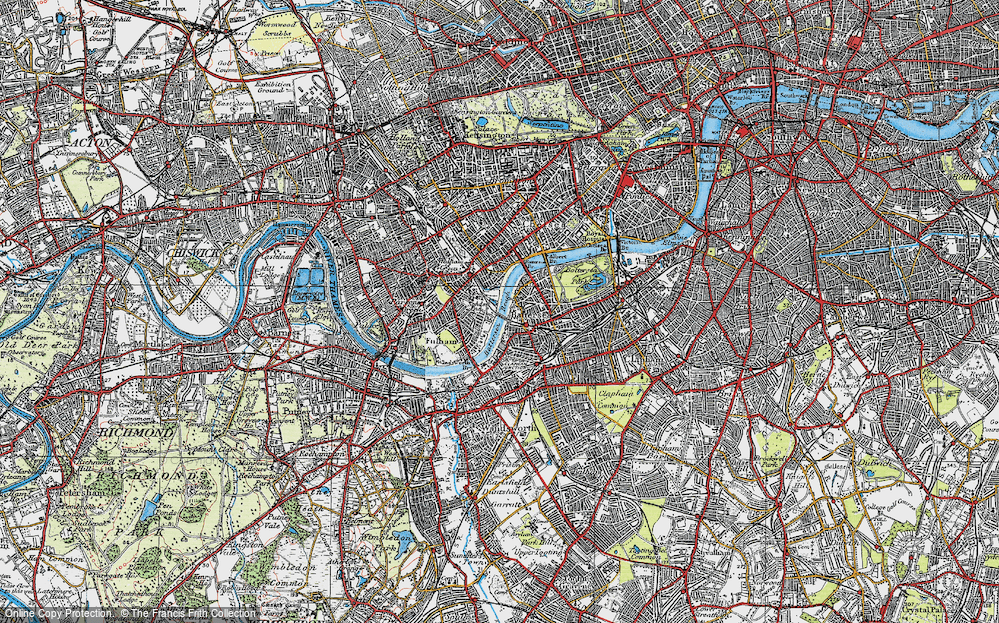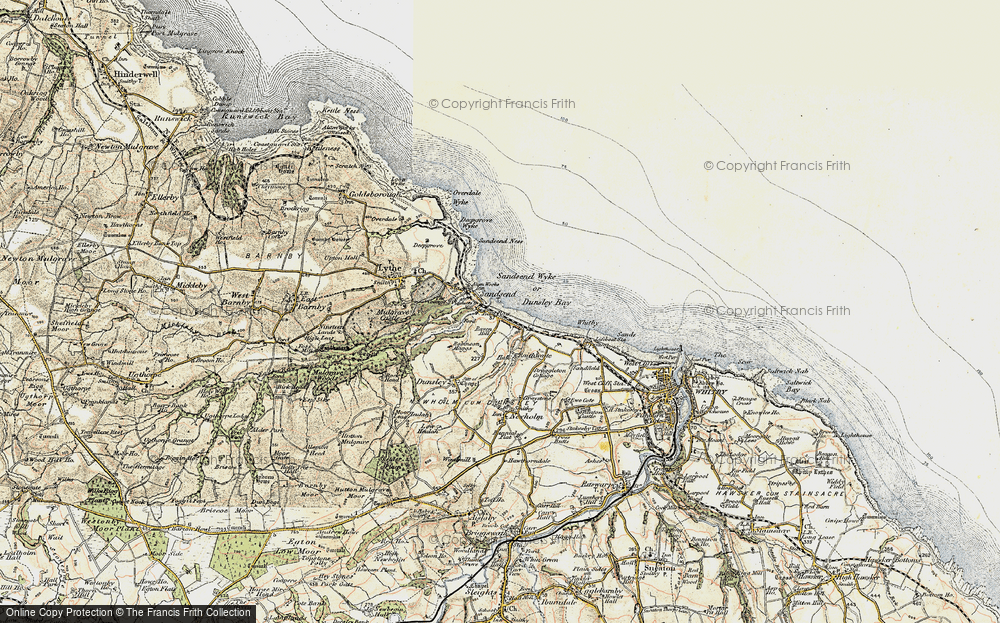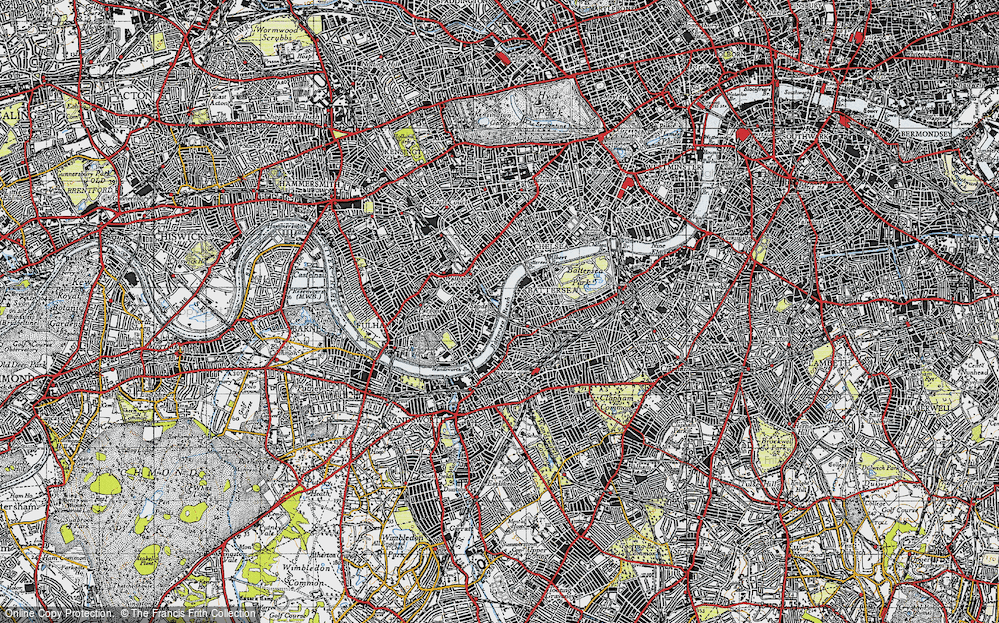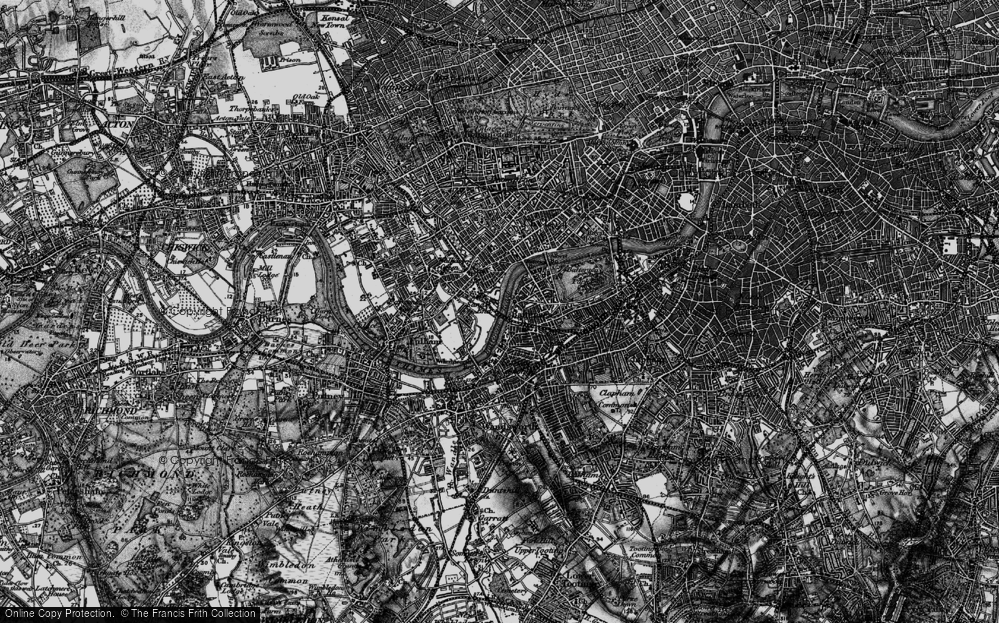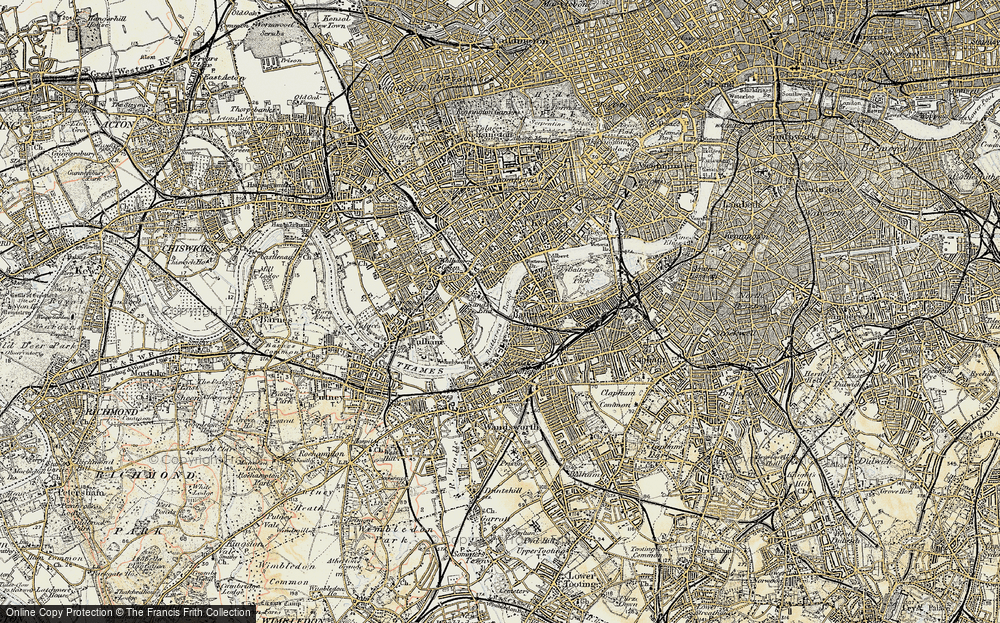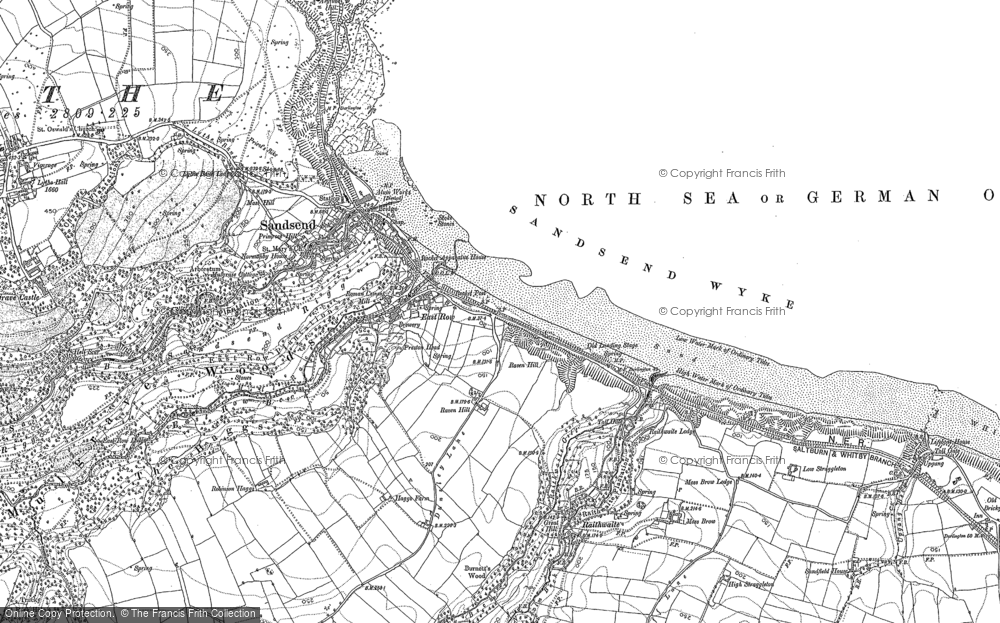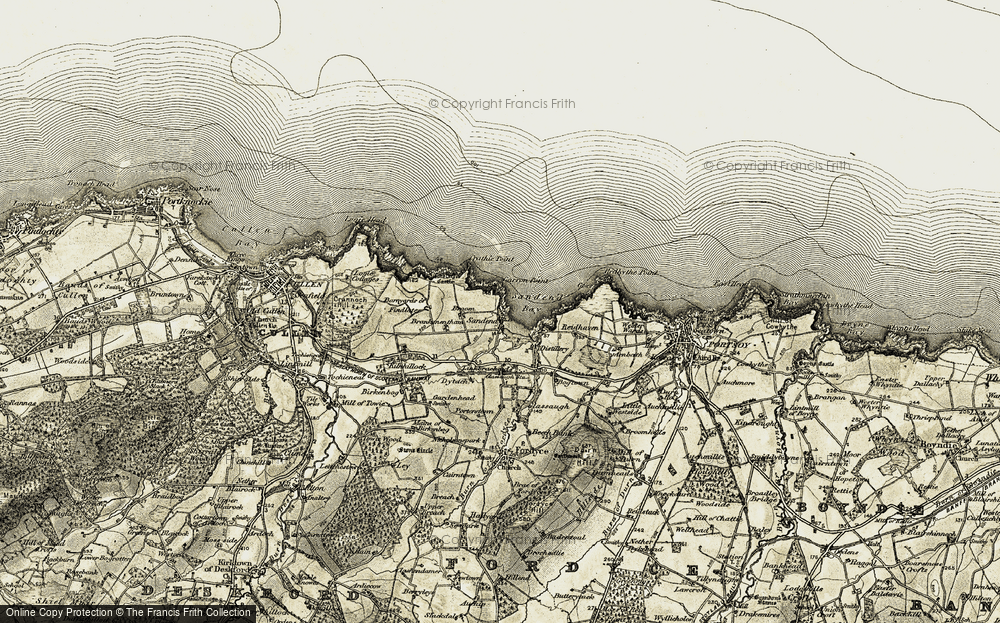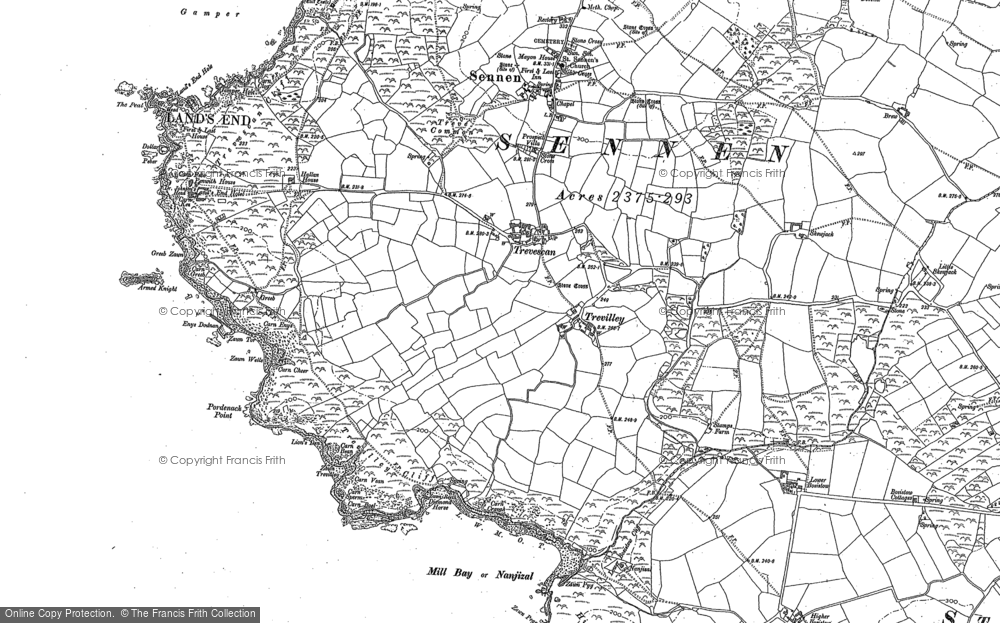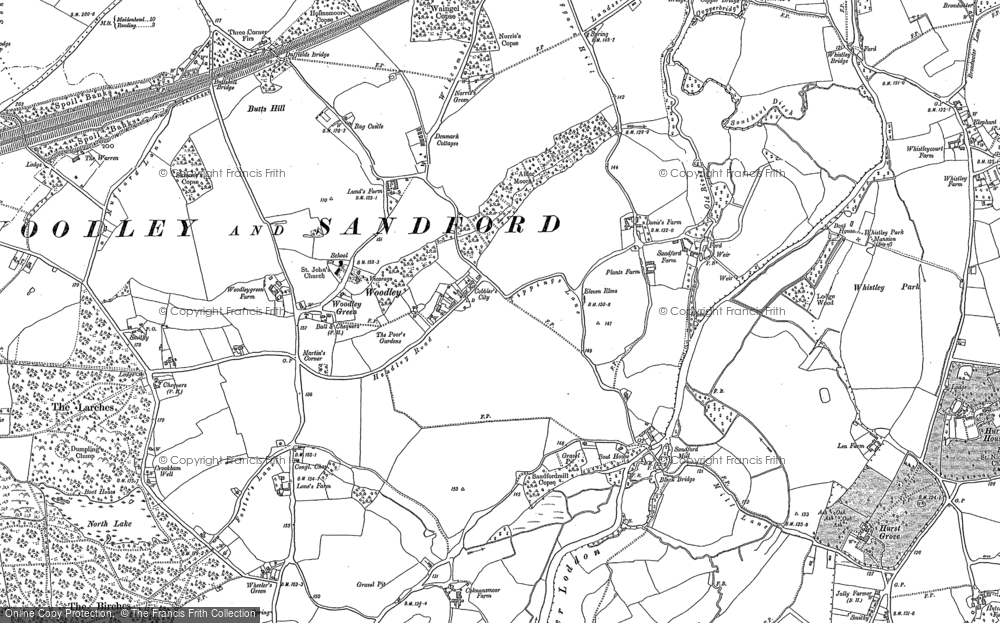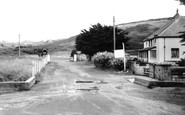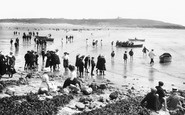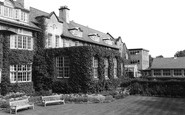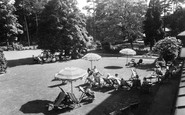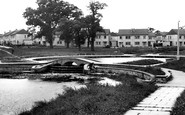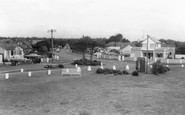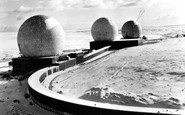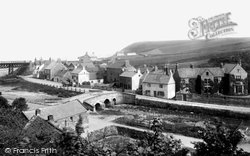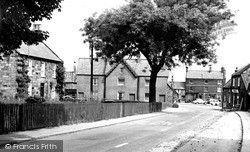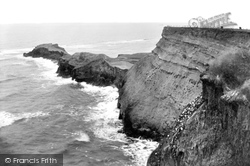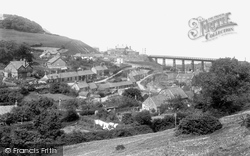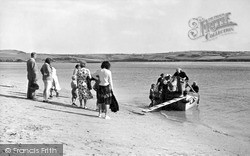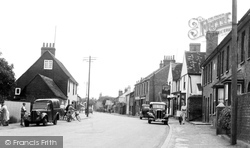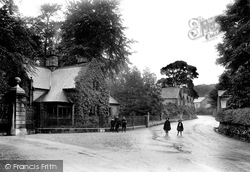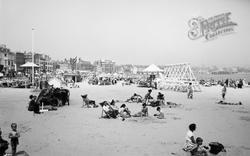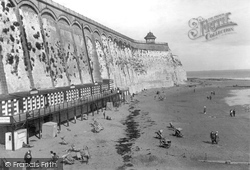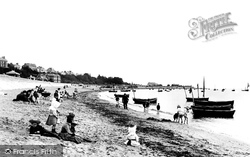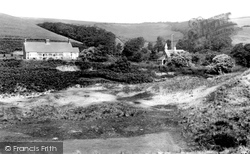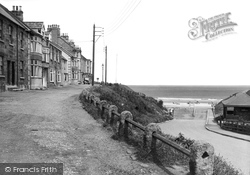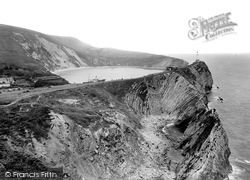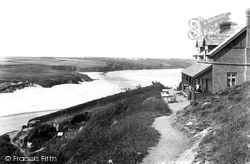Places
2 places found.
Those places high-lighted have photos. All locations may have maps, books and memories.
Photos
84 photos found. Showing results 1 to 20.
Maps
12 maps found.
Books
Sorry, no books were found that related to your search.
Memories
33 memories found. Showing results 1 to 10.
Annual Camp With 39th Signal Regiment At Penhale
Penhale Camp is situated towards the northern end of Penhale Sands and the Ministry of Defence owns this which is used as an army training area. In the summer of 1969 I had just transferrred ...Read more
A memory of Holywell Bay in 1969 by
Barry Island
I was born and bred Barry Island. My mother and father had a fish and chip shop under the Western shelter. I can remember wonderful summer days, playing on the sands and making friends with children from the valleys. They thought ...Read more
A memory of Barry Island in 1958 by
Holmwood School Pupil.
I have many memories of my time at Holmwood School. I joined as a day boy in 1968, when the Headmaster was David Glass and I left around 1973 when the Headmaster was Johnny Clegg. I remember the trips we had in the old school ...Read more
A memory of Formby in 1968 by
Daneswood Convalescent Home 1958/9
I was a pre - Nursing student at Daneswood for two years. I hailed from Bolton, Lancashire and it was my first time away from home and town. I fell in love with Woburn Sands and enjoyed my time at Daneswood, ...Read more
A memory of Woburn Sands in 1958 by
Lands End Hotel
I entered a competition in the 'Lady' magazine, and was fortunate to win a week's stay for my husband and myself at the Lands End Hotel. What luxury! It certainly doesn't look anything like the photos of the 1950s. Our bedroom ...Read more
A memory of Land's End in 1991 by
Good Old Days
I was born in 1946 lived in Lifton until I got married in 1971. I lived in Fore St next door lived Mr Brown he used to repair shoes in his little shed in the garden I used to watch him working. just a few doors away Bill Keast he was ...Read more
A memory of Lifton in 1960 by
Thame Cottage Portmellon
I was born in 1975 and spent nearly every birthday until I was 16 years old at Thame Cottage, Portmellon with my Mum, Dad, younger Brother, Uncle, Auntie and 3 cousins. One day, when I have my own children, I hope to take ...Read more
A memory of Portmellon by
Bridley Moor Road.
My Granny Gazey lived at 2, Bridley Moor Road. Because she was crippled with Rheumatoid Arthritis my Mum visited her every weekday morning to prepare food for the day and clean for her. Some of my earliest memories are playing ...Read more
A memory of Redditch in 1951 by
Vue De La Mer. 12 Alleyne Way
I would have been two when this was taken. My grandparents Jim and 'Topsy' Robins had number 12 (which can be seen just behind the telegraph pole) built in the 1940s and lived there until my wonderful Gran died. I have ...Read more
A memory of Elmer in 1960 by
Raf Fylingdales
I came across this site while searching history. I have a story about Fylingdales. I was 19 and posted to a place called Goldsborough and we travelled daily to Fylingdales to clear uxb ordinance. Our vehicles were ...Read more
A memory of Fylingdales Moor in 1961 by
Captions
38 captions found. Showing results 1 to 24.
Sandsend is made up of two sections, each standing on the outflow of fast-flowing streams from high up on the Mulgrave estate - its castle has origins as coastal defence in the days of Charles II.
Sandsend is about three miles from Whitby, situated at the mouth of Sandsend Wyke; the village is almost hidden from view because of the mighty cliffs and Mulgrave Wood nearby.
In the 12th century, Sandsend was recorded as having 53 tenants' cottages belonging to the lord of the manor. The area is known as Dunsley Bay, and Sandsend is really two villages.
A horse and cart trundles along the road spanning East Beck, one of two streams that meander through the village - the other is Sandsend Beck.
Situated on a steep hill on a road that comes from Sandsend, the village has a Saxon church; here are buried the bodies of seven unidentified sailors that were washed up on the tides.
Sandsend was just three miles along the sandy beach from Whitby.
Sandsend is just three miles along the sandy beach from Whitby.
Sandsend is just three miles along the sandy beach from Whitby.
This was mined locally both at Saltwick and Sandsend, and provided welcome employment for the local menfolk. The seams have been exhausted, and the cliffs remain a favourite haunt of seabirds.
Sandsend was just three miles along the sandy beach from Whitby.
Sandsend was once a centre for alum mining, and remains can still be observed along the coast.
Today many of the dwellings in Sandsend are holiday cottages, much to the detriment of village life, since they stand empty for the greater part of the year.
The estuary of the Camel is one of Cornwall's greatest natural features, fringed with golden sands and surrounded by rolling farmland.
It stands above a wide stretch of the Maplin Sands and the fingering estuarine channels of the River Roach.This view looks along the quiet High Street.
Marsden has good sands, and is well known for the grotto on the cliff, which also includes a restaurant and a haunted pub.
The Hall was originally built in the early 17th century, and is in a beautiful position, overlooking the Cartmel Sands and backed by the Furness Fells.
Weymouth's beach has gently sloping sands and is mostly sheltered from the storms and swells of the English Channel, making it suitable for the youngest and most inexperienced of bathers.
Here in 1913/14 Ramsgate Corporation added steps to the sands and built Ramsgate Bathing Station. It was more popular with the locals, because it was away from the main beach.
Its miles of long sandy beaches, gently sloping sands, and safe bathing offer all that is needed for a perfect seaside holiday.
The Hall is in a beautiful position, overlooking the Cartmel Sands and backed by the Furness Fells.
St Ann's chapel was known as the 'Chapel in the Sands' and measured a mere 14 feet 6 inches by 12 feet.
The row of houses on the left-hand side are known as Cliff Terrace; they look across the sands and coastline towards Saltburn.
Eastwards is Lulworth Cove (centre), caused by the sea breaching through the Purbeck-Portland formations into softer Wealden sands and Cretaceous chalk in the dip beyond, in far more recent
This uninterrupted view out over the lower Gannel estuary and the golden sands and dunes of Crantock confirms why Pentire became popular in the early days of housing development on the western outskirts


